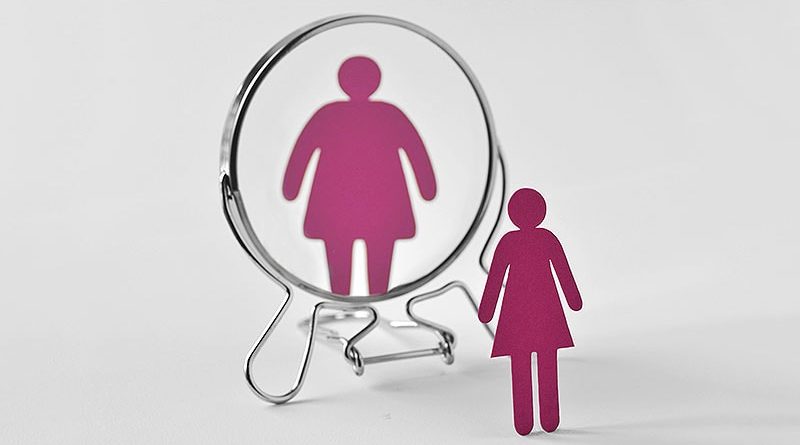granisetron pi
YouTube announced today it will screen more eating disorder content to reduce the potential for dangerous copycat behavior. The video-based social media platform will also implement age-based viewing restrictions for some eating disorder content.
In a statement, the director of YouTube Health, Garth Graham, MD, MPH, said the reason for the changes was “to create space for community, recovery and resources, while protecting viewers.”
The changes were developed with input from the National Eating Disorder Association and other related groups.
Lawmakers and advocates have called for social media companies to do more to protect people who may be sensitive to eating disorder content after the revelation that Meta officials knew in 2021 that its social media platform Instagram was influencing teens in concerning ways. The company’s own internal research found that Instagram caused 1 in 3 teen girls to feel worse about themselves, and that the platform could lead a 13-year-old girl seeking diet tips to instructional eating disorder content.
Up to 30 million people in the U.S. have eating disorders, which can be fatal. The National Institute of Mental Health estimates 2.7% of people experience an eating disorder by the time they turn 18. Considered mental illnesses, voltaren 75 mg side effects eating disorders can include dangerous behaviors such as restrictive eating, binge eating, and purging.
YouTube says billions of people worldwide log into the platform per month, and that more than 500 hours of content are uploaded each minute of the day.
YouTube already had policies for removing content that “glorified” or promoted eating disorders. Among the new policies is an additional ban of content about eating disorders that feature imitable behavior, which could include purging after eating, severely restricting calories, or weight-based bullying “in the context of eating disorders.”
For some content about eating disorders that is not blocked, YouTube may implement age-based viewing restrictions or add a “crisis resource panel,” which lets people connect with live support from a YouTube partner. Age-based restrictions would apply to viewers under 18 years old and could also be triggered when someone is not signed into YouTube.
“We developed this age restriction approach for eating disorder-related videos in consultation with third-party experts to strike the right balance in our continuing efforts to protect younger viewers from content they may be more susceptible to imitating than adults,” Graham said, adding that the changes will be implemented gradually.
Sources
YouTube: “An updated approach to eating disorder-related content,” “Crisis resource panels,” “YouTube By The Numbers.”
CBS News: “Facebook knew Instagram was pushing girls to dangerous content: internal document.”
Cleveland Clinic: “Eating Disorder Facts.”
National Institute of Mental Health: “Eating Disorders.”
Source: Read Full Article
